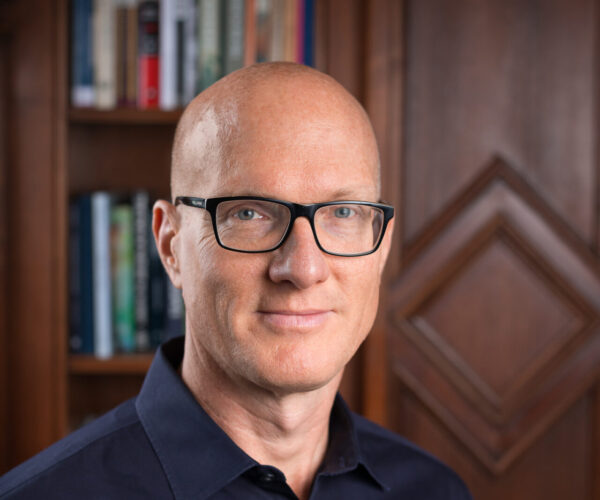On Monday 18 November 2024 James T. Sparrow (University of Chicago) will be the third speaker for our 2024-2025 Seminar Series on Modern North American History, organized in cooperation with the Sciences Po Center for History (CHSP) in Paris.
Lecture title: The Archives of Self-Repression: Anticommunism, Internationalism, and the Case of Ralph Bunche
Lecturer: James T. Sparrow
Date: Monday 18 November from 17:00 to 18:30 CET
Location: Hybrid (in-person at Sciences Po Paris or online)
Please register here before Friday 15 November.

James Sparrow is Associate Professor in History and the College, and an affiliated member of the Committee on Conceptual and Historical Studies of Science at the University of Chicago. He is the founding director of the Democracy Curriculum and former associate dean in the College, and director of the National Fellows in US Politics at the Jefferson Scholars Foundation. Sparrow has written about the social politics of total war and citizenship in the national security state; the political and conceptual history of the democratic state; and the history of the social sciences as they have been enlisted to inform national policy. His first book was Warfare State: World War II Americans and the Age of Big Government, a history of the social politics of the national state as its foundations shifted from welfare to warfare during World War II. His talk is drawn from a new book project titled New Leviathan: American Superpower and the Problem of the Democratic State in the American Century.
We know a great deal about the purgative effects of anticommunism on the Popular Front left. But how did loyalty politics shape the lives of government officials who were loyal anticommunists? Of particular interest are those who served in foreign affairs, since “internal subversion” was presumed to originate from abroad. This paper examines this question through the lens of Ralph Bunche’s loyalty investigations, which threatened the image and career of one of the most prominent African-Americans serving in public life in the middle decades of the twentieth century. Although he easily secured clearance in the end, Bunche navigated a harrowing trial that was private and public, personal and official, practical and conceptual, leaving a profound imprint on his approach to international statecraft, including UN Peace mediation, peacekeeping, and other diplomatic endeavors facilitating the self-determination of decolonizing nations in the Global South.
Click here for the official invitation.



